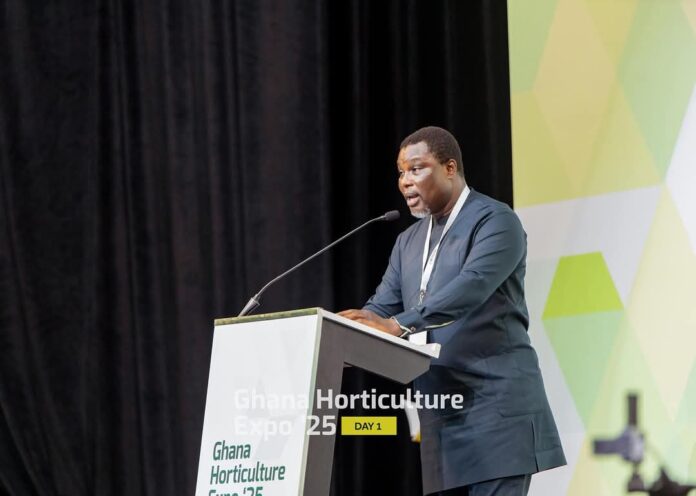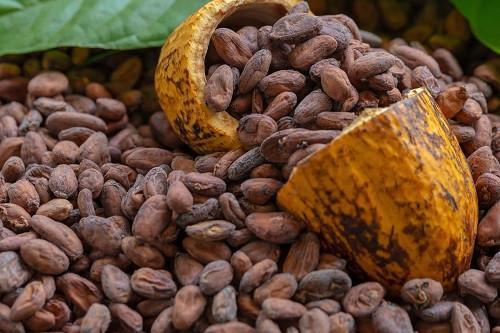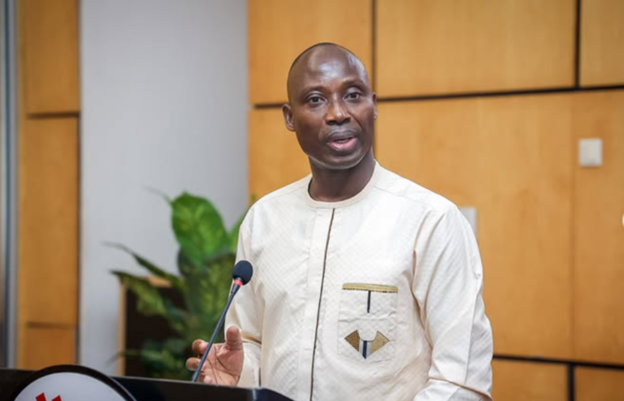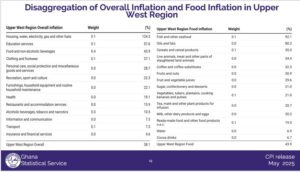Public Relations Expert Bagbara Tanko Takes Leadership Role as Head of PR at the Ministry of Sports and RecreationAfter an impressive eight-year tenure as the Head of Public Relations at the Ministry of Food and Agriculture (MoFA), Bagbara Tanko has assumed a new position as the Head of Public Relations at the Ministry of Sports and Recreation.
He succeeds Mr. Kenneth Annang, who has moved on to serve at the Ministry of Youth Development and Empowerment.
This transition marks an exciting new chapter in Tanko’s distinguished career as a communication specialist dedicated to advancing government initiatives through strategic storytelling, media engagement, and stakeholder outreach.
A Record of Excellence and Industry Recognition
Tanko’s exceptional contributions to the field of public relations have garnered him several awards and recognitions, underscoring his influence and dedication:
– Best Public Relations Officer in Feature Writing (2023) at the 4th Government Public Relations Officers Excellence Awards in Accra.
– Best PR Personality (2022)
– Named among Ghana’s Top 25 PR Personalities by the Ghana Public Sector Awards scheme in 2022
– Recognition of Excellence (2008) from the Ministry of Information and National Orientation for outstanding reporting accuracy and timeliness
These accolades reflect his talent for crafting compelling narratives that effectively promote government programs and enhance public understanding.
Innovative Communication in Agriculture
Throughout his time at MoFA, Tanko was instrumental in designing and implementing impactful communication campaigns for major national events such as National Farmers’ Day and World Food Day.
His adept use of print, digital, and video platforms successfully engaged diverse audiences, raising awareness on vital issues such as food security, climate resilience, and rural development.
He contributed influential content to flagship agricultural initiatives, including Planting for Food and Jobs, Rearing for Food and Jobs, and Planting for Exports and Rural Development.
His strategic messaging and stakeholder engagement efforts helped ensure these programs’ visibility and effectiveness. For World Food Day, he coordinated media partnerships, social campaigns, and outreach activities to highlight efforts aimed at eradicating hunger and promoting sustainable food systems.
Legacy and Impact
Tanko’s award-winning feature articles have played a significant role in showcasing MoFA’s achievements and innovations.
Known for clarity, engaging storytelling, and human-interest angles, his writings have deepened public understanding of agricultural policies and government efforts.
His leadership has elevated the ministry’s profile, ensuring that key initiatives resonate with Ghanaian farmers and stakeholders alike.
Looking Ahead
As he begins his new role at the Ministry of Sports and Recreation, Tanko remains committed to impactful communication.
His career exemplifies the power of strategic public relations in government, and his move is seen as an opportunity to leverage his expertise to foster national development, unity, and promote sports and recreation initiatives across Ghana.
A Career Marked by Excellence
Tanko’s journey highlights the crucial role of effective communication in shaping public perception and advancing national objectives. His numerous awards and accomplishments position him as a leading figure in Ghana’s public relations sector, inspiring emerging professionals in the field.
The government and the public look forward to his continued success in his new role, confident that his proven expertise will make a meaningful contribution to Ghana’s ongoing development, unity, and progress through innovative and engaging communication strategies.















